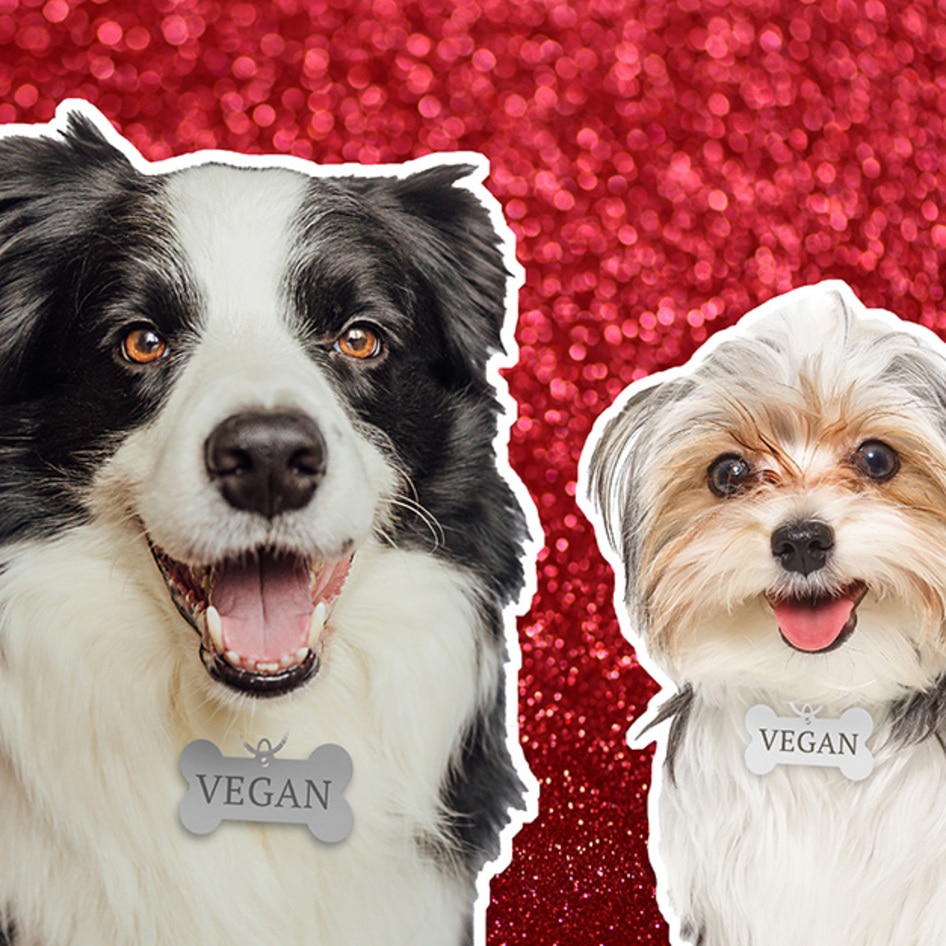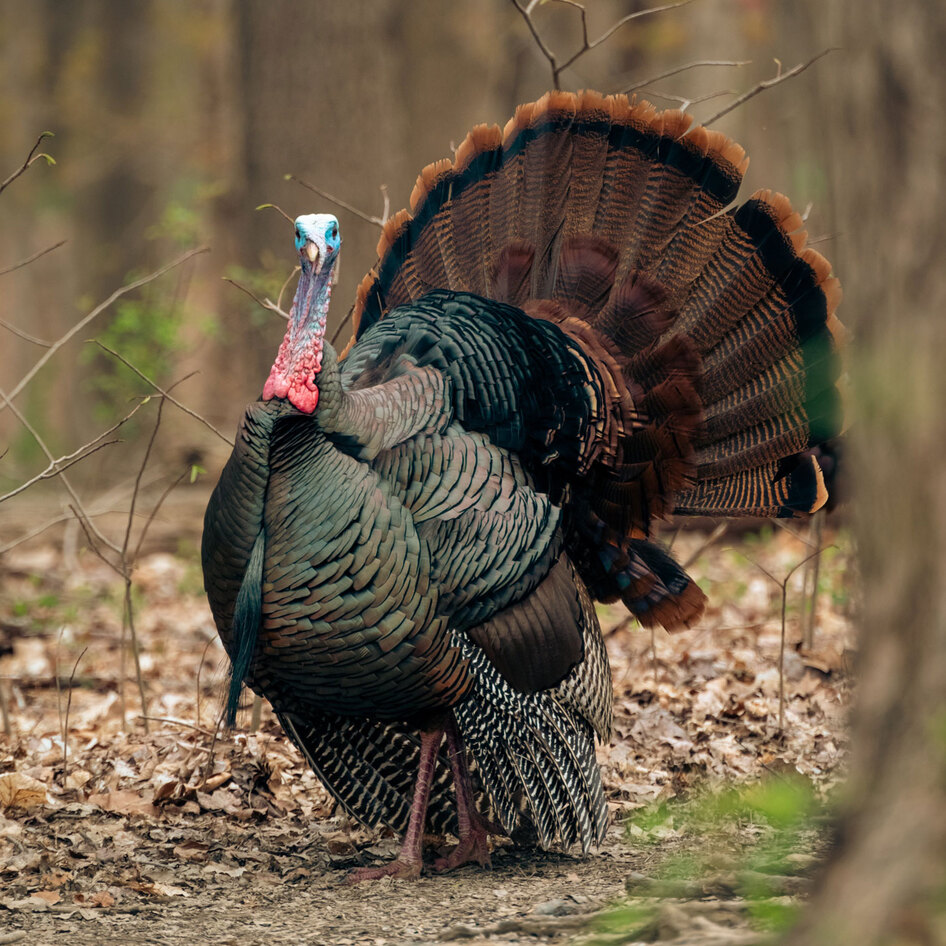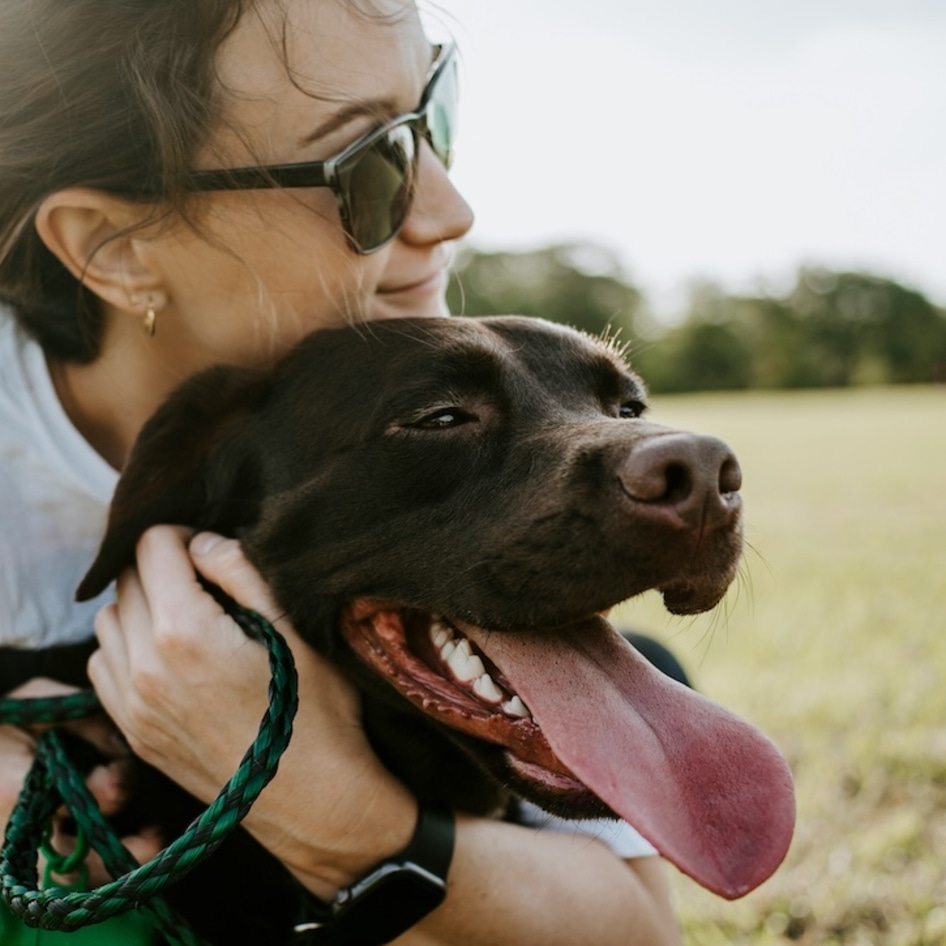Goats can interpret human cues in the same way domesticated companions such as dogs do, according to a new study in the journal Frontiers in Psychology. The study—which was supported by grant money from Farm Sanctuary’s The Someone Project—provides the first evidence of how goats follow human cues such as the pointing gesture, implying that the ability to perceive human-given cues is not limited to domesticated animals.
The study, which was carried out at Buttercups Sanctuary for Goats in Kent, United Kingdom, involved experimenters hiding food in one of two buckets and indicating the location of the food to the goat by a proximal pointing gesture. Goats that succeeded in interpreting this gesture were transferred to the actual test, where they were confronted with a condition that differed in appearance and was displayed at a similar distance to the target, and a condition that looked similar to the initial proximal pointing gestures but was administered from an increased distance to the target. The study found that goats succeeded in finding the correct location when the pointing gestures were presented in proximity to the correct location compared to when the experimenter was further away from the location of the reward, indicating that goats can generalize their use of the human pointing gesture but might rely on stimulus/local enhancement rather than referential information.
“We already knew that goats are very attuned to human body language, but we did not know if they could follow a human cue such as a pointing gesture in the same way that dogs and horses do to locate a treat,” study author Christian Nawroth, PhD, of the Leibniz Institute for Farm Animal Biology, Germany, said. “This study has important implications for how we interact with farmed animals and other species because the abilities of animals to perceive human cues might be widespread and not just limited to traditional companion animals.”
The researchers hope the study will lead to a better understanding of how skilled farmed animals are in their capacity to interact with humans based on their cognitive abilities—and to an improvement in animal welfare in general.
JUMP TO ... Latest News | Recipes | Guides | Health | Subscribe







